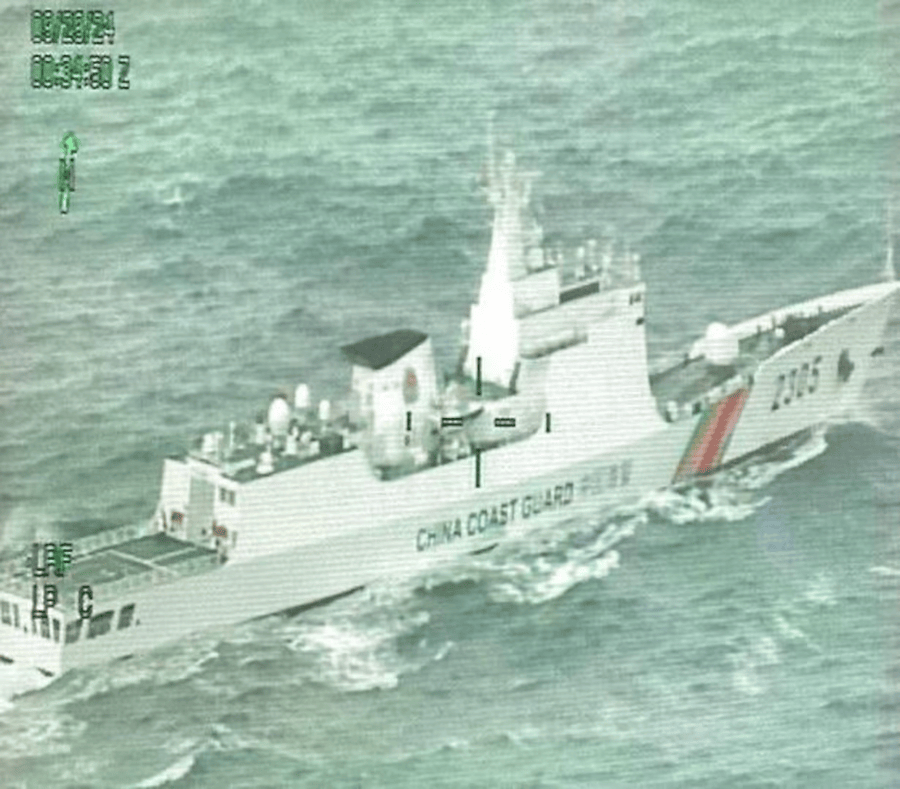Can the ICJ Avoid Saying Something on the Merits About Spying in Timor-Leste vs. Australia?
Published by The Lawfare Institute
in Cooperation With

As I noted in January, Sir Elihu Lauterpacht (one of TL’s lawyers) stated that this was not a case about spying and espionage. But the way that TL (and subsequently the Court) have framed the issue means it almost certainly will touch on one subset of spying. TL’s principal claim is that a state has a right to communicate with its lawyers in a confidential manner regarding issues that are the subject of pending arbitration and future negotiations between that state and another state. This confidentiality reaches documents and data prepared by lawyers to advise the client state. In deciding whether to impose provisional measures, the Court’s jurisprudence requires it to (among other things) assess whether the claim is plausible. In paragraph 27 of its provisional measures holding, the Court concluded that TL bears a plausible right “to conduct arbitration proceedings or negotiations without interference by Australia, including the right of confidentiality of and non-interference in its communications with its legal advisers.”
The Court’s decision was 12-4 regarding two provisional measures (requiring Australia not to use the material it seized to disadvantage TL, and to seal that material), and 15-1 (regarding the requirement that Australia not interfere with communications between TL and its legal advisers regarding the ongoing arbitration and ICJ case, as well as future negotiations about maritime boundaries). Although the Court did not decide the issues on the merits, we might assume that there is a fair amount of sympathy on the Court for TL’s claim. Assuming the Court holds for TL on the merits, how is it going to manage avoiding saying something about spying, even if it tries to avoid taking on spying’s legality directly?
If the Court tries for a narrow holding, that holding likely will be that TL has a right to the sanctity of communications with its lawyers regarding an ongoing negotiation, arbitration, or litigation, which right was violated here. That means that Australia, as a state party to such litigation and negotiations, may not interfere with those communications, overtly or covertly. In the ICJ case, Australia’s interference was overt: with a warrant, it raided TL’s attorney’s office and seized documents. In the facts in the underlying arbitration (which are not directly before the ICJ), Australia’s interference was covert: Australia allegedly bugged the room in which TL’s pre-negotiation discussions took place. To reach this conclusion, the ICJ also will probably need to say that State A may not interfere with State B’s attorney/client negotiation-related communications even when those communications take place or are stored on the territory of State A, as happened in the ICJ case. There, Australia's interference took place on Australian soil. It must follow that State A may not interfere with those same types of communications when they take place on State B’s own territory. And both of these are typical spying scenarios: State A listens in on State B’s activities that take place in State B, or State A listens in on State B’s activities that take place in State A – at State B’s embassy, an international organization headquartered on State A's territory, etc. So while the holding may be limited to the notion that one state may not interfere with another state’s attorney/client communications in the context of negotiations, arbitration, or litigation with the listening state, that would be a first step in limiting the legality of spying under international law. And that would be a pretty big deal. Three additional points: (1) If TL wins on the merits, the decision effectively will favor TL’s attorney-client privilege over Australia’s claimed national security equities. Judge Greenwood’s dissent makes the point that adjudication of national security issues is often hard, particularly when the facts before the Court are limited. It will be interesting to see how the Court wrestles with the competing national security interests of both parties, including Australia’s claim that the seized material may contain information necessary to safeguard the lives of some members of its intelligence service. (2) An ICJ decision technically binds only the states parties to that particular case. But all states are aware that the Court would apply similar principles in similar cases, and thus even states not involved in the litigation tend to be attentive to the holdings of ICJ cases. Given that Australia is unlikely to be pleased about a merits decision that limits its ability to spy on other states – even in narrow contexts – might Australia try to settle the ICJ case in its closed arbitration with TL? And might other Five Eyes countries encourage Australia to do so? If states that spy are worried about the possibility of an ICJ decision that designates certain state activities as off-limits to espionage, they might well choose to urge Australia to try to foreclose such a decision by reaching a private settlement with TL. (3) If it is difficult to structure intelligence collection ex ante to avoid specific types of communications, the potential holding I describe above may chill espionage beyond spying on attorney/client discussions. I don’t know how hard or easy it is to structure collection this way, and would welcome reactions from those who do.




.jpg?sfvrsn=118b03e5_5)
